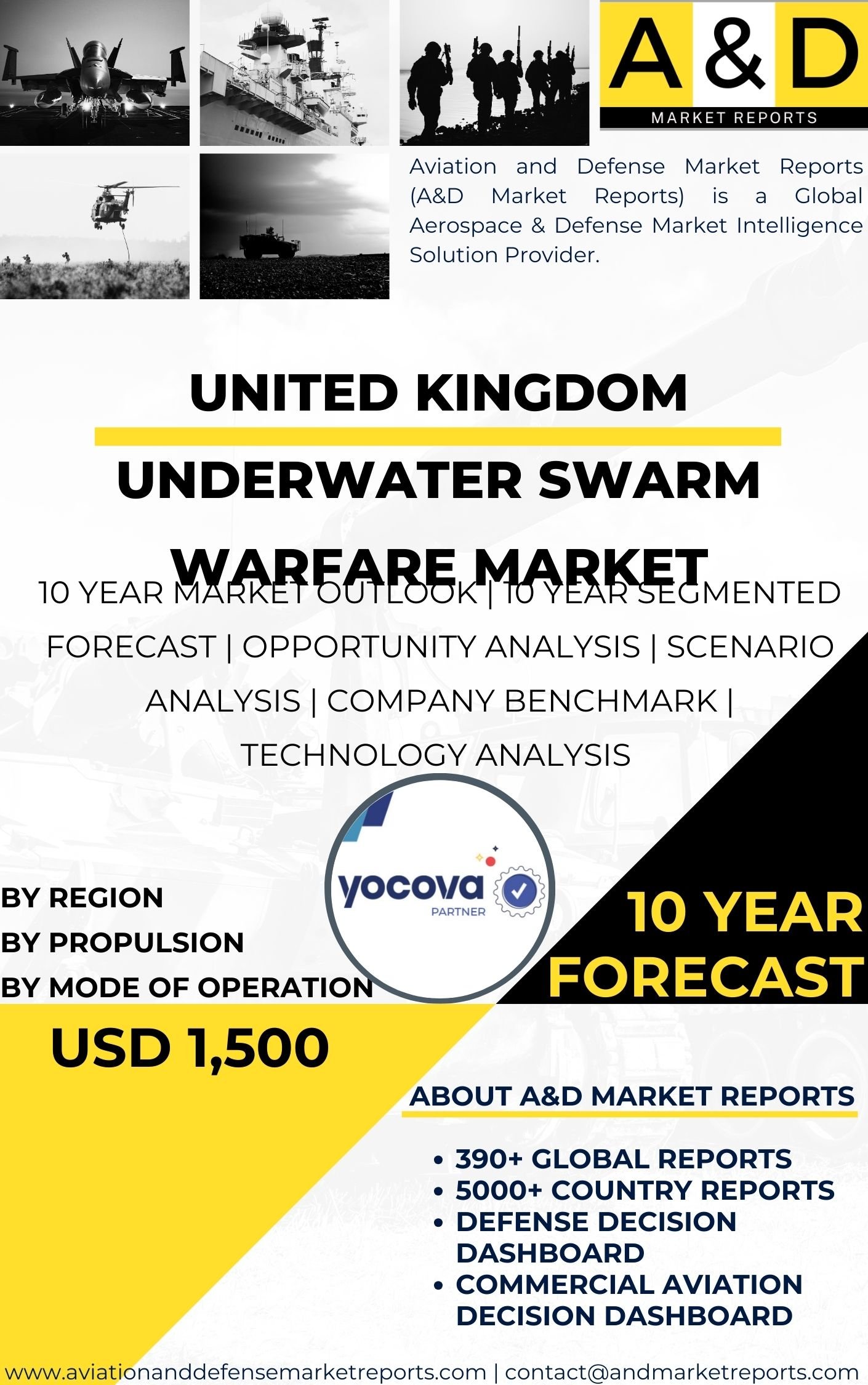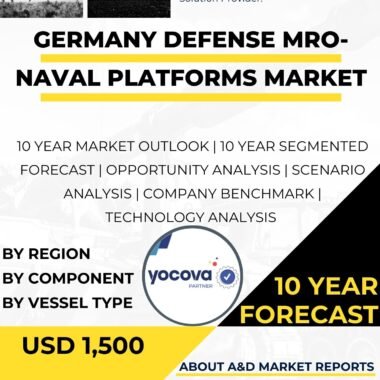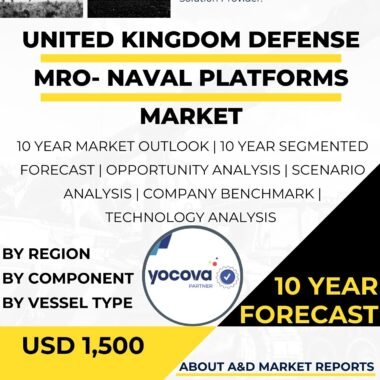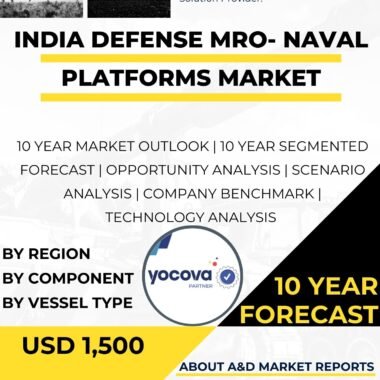Description
United Kingdom Underwater Swarm Warfare Market: Advancing Naval Capabilities
The United Kingdom Underwater Swarm is rapidly growing as the country invests in cutting-edge technologies for future naval operations. Swarm systems, consisting of multiple small autonomous underwater vehicles (AUVs), are becoming central to the Royal Navy’s modernization strategy. These systems enhance operational efficiency, increase maritime coverage, and improve mission safety by reducing the risk to human personnel. By integrating swarm technology, the UK aims to maintain maritime superiority and respond effectively to emerging underwater threats, including mines, submarines, and hostile autonomous systems.
Importance of the United Kingdom Underwater Swarm Warfare Market
Underwater swarm warfare represents a transformative shift in naval strategy. Instead of relying solely on traditional manned platforms, swarm systems allow multiple AUVs to operate collaboratively and autonomously. Each unit can carry sensors, communications equipment, or payloads while sharing real-time data with other vehicles and command centers. This networked approach provides faster situational awareness, broader surveillance coverage, and improved responsiveness during complex maritime missions. Consequently, swarm systems are seen as a key enabler for the UK to modernize its naval operations and maintain strategic deterrence in underwater environments.
Role of Swarm Systems in Naval Operations
Swarm Capabilities in the UK Market
Swarm systems are designed for diverse maritime missions, including mine countermeasures, anti-submarine warfare, underwater reconnaissance, and environmental monitoring. Their ability to operate collaboratively allows them to cover wide areas more efficiently than individual AUVs. Additionally, swarm vehicles can adapt to changing mission conditions, share sensor data, and coordinate movements autonomously. These capabilities improve threat detection, enhance mission speed, and enable more accurate decision-making for naval commanders.
Royal Navy Adoption
The Royal Navy is actively testing and integrating swarm systems for patrol missions, search-and-rescue operations, and mine clearance. These AUVs reduce the need for manned intervention in hazardous conditions, minimizing risk to personnel while increasing operational effectiveness. The versatility of swarm systems makes them suitable for routine monitoring tasks as well as high-risk combat scenarios, further reinforcing the UK’s naval preparedness.
Research and Development in the United Kingdom Underwater Swarm Warfare Market
UK defense companies, research institutions, and innovation hubs are at the forefront of underwater swarm technology development. Efforts focus on creating advanced sensors, resilient communication networks, precise navigation systems, and autonomous coordination algorithms. These technologies allow multiple AUVs to operate seamlessly, communicate reliably underwater, and adapt to complex oceanic environments. Continued R&D ensures that UK swarm systems remain highly effective, technologically advanced, and capable of meeting emerging maritime challenges.
International Cooperation and Strategic Partnerships
The UK actively collaborates with allies through NATO programs and other international defense initiatives. Knowledge sharing, joint exercises, and the development of common operational standards ensure that UK swarm systems can integrate smoothly with partner navies. This collaboration enhances multinational interoperability, strengthens maritime security, and allows the UK to contribute to coordinated operations in contested waters. Additionally, international partnerships accelerate technology adoption, reduce development costs, and ensure that the UK remains a global leader in underwater swarm warfare.
Future Outlook
The United Kingdom underwater swarm warfare market is expected to expand significantly as naval strategies increasingly rely on autonomous systems. Swarm technologies offer flexible, efficient, and cost-effective solutions for a wide range of underwater missions. With continued investment in R&D, increasing Royal Navy adoption, and strong international cooperation, the UK is well-positioned to lead the future of underwater swarm warfare. These systems will not only enhance maritime security but also provide strategic advantages in contested underwater environments for years to come.
Conclusion
The United Kingdom underwater swarm warfare market demonstrates the nation’s commitment to advancing modern naval capabilities. Swarm systems, by leveraging autonomy, collaboration, and advanced sensing, have the potential to transform underwater missions and strengthen the UK’s maritime dominance. Sustained research, practical deployment, and international collaboration will ensure that the UK remains at the forefront of underwater swarm warfare technology while enhancing national security and operational readiness.




